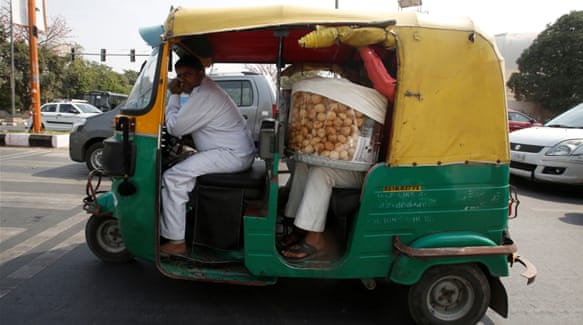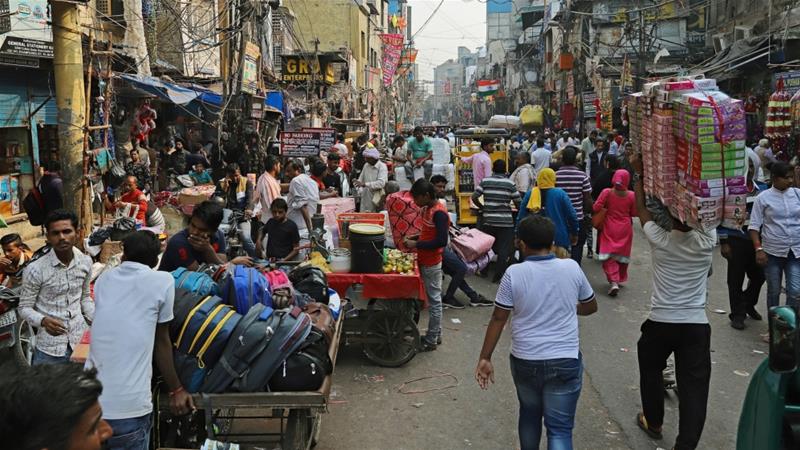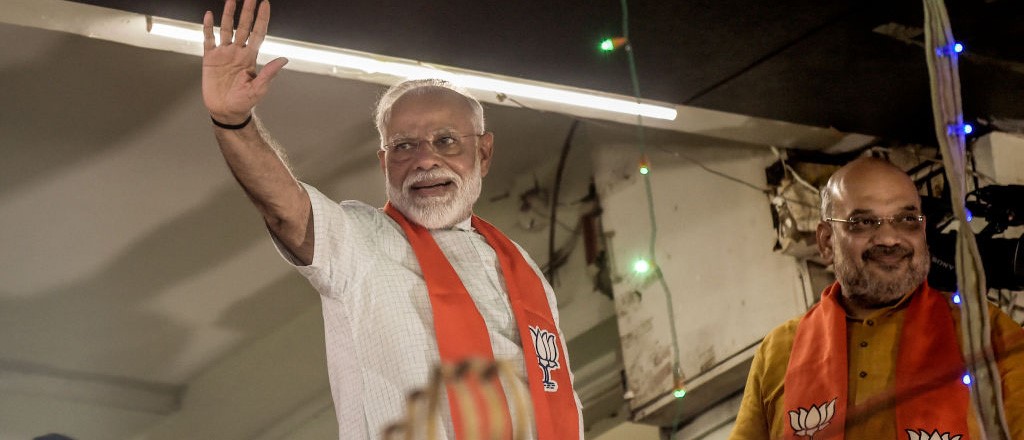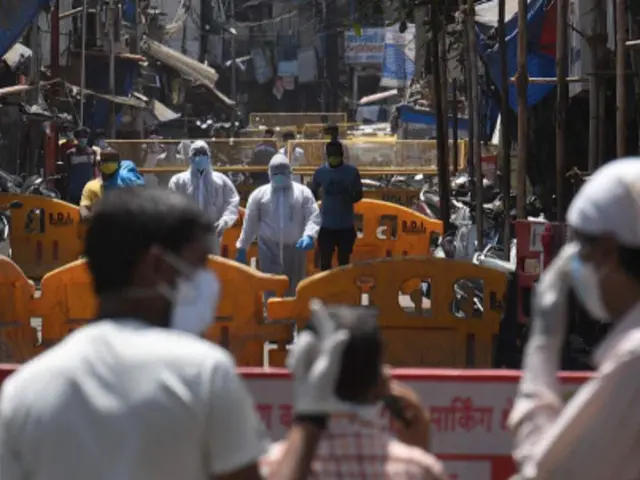Editor's Note:
The writer, Mr. I. Hussain Janjua is a senior media professional and analyst having experience of research & broadcast journalism in different organisations. He is a non-resident fellow of Chengdu Institute of World Affairs (CIWA). (Email: [email protected]; twitter: @ihussainjanjua)
India's economy has contracted by 23.9 percent in the three months by the end of June, making it the worst slump since 1996. A grinding lock down brought on by the coronavirus pandemic has disrupted business and left millions out of jobs.
Barring agriculture, which posted modest growth of 3.4 percent, everything from mining to manufacturing and electricity to services contracted at alarming levels during this period. Since the imposition of lockdowns, 40 percent of the country's restaurants are feared not to survive the pandemic while hotels and trade have contracted at 47 percent, only preceded by construction having been halved.
Calls from desperate Indian business owners to open up the economy are getting louder, despite India's coronavirus tally of over 5 million cases, with a new single-day record of over 90000 points. They say time has come to unlock all the restrictions imposed in the lockdown phase at the earliest as the most severe lockdowns in the world has done little to curb the spread of the virus in India.

According to experts at about minus 24 percent, India has become the fastest contracting economy in the world --- the path to the deepest recession in its independent history. The country last contracted by -5.2 percent in 1979-80. The estimates for a contraction this year range between an optimistic -3 percent to a more realistic -10 percent.
According to experts, the implications of this for India's capacity to lift the large population out of poverty and generate employment for the youth are significant and for this India will have to create at least 90 million non-farm jobs by 2030, if it is to absorb all the young workers that enter its labor market as the country has seen 19 million formal economy jobs vanish after the lockdown.
Experts say India will have to clock a growth rate of at least 8 to 8.5 percent in the post-COVID-19 scenario to achieve this goal in 12 to 18 months to act on a range of crucial structural reforms in areas such as healthcare and banking, take immediate steps to make its labor markets more flexible, improve social safety nets and ease the climate for doing business.

In the more immediate term, the government will need to focus on reversing the collapse in domestic demand and private consumption - which determines 60 percent of GDP - through more aggressive fiscal and monetary response to get the economy back on track.
Sanjeev Sanyal, principal economic adviser to the finance ministry, told local media recently that India was prepared to build infrastructure at an "unprecedented" scale as well as allow a several percentage points rise in its debt-to-GDP ratio to get back on the growth path.
But economists warn that with revenues plunging, tax receipts drying up and a fiscal deficit already expected to shoot up four percentage points above the expected levels, the scope for India to spend its way out of the crisis remains limited at best as economic recovery will hinge on a recovery in the pandemic curve, which in India's case, according to some experts, is yet to peak.

Reversing the massive decline in consumption seems to be one of the biggest challenges for the Indian government at the moment. While demand was already dwindling since last year, the pandemic-induced lockdown worsening the consumption outlook.
Many economists have stated clearly that the government needs to announce more stimulus measures directly aimed at boosting demand as it is the only way to revive the economy.
How expediently the Narendra Modi-led government gets that under control will play a significant role in determining India's economic fate --- Chief Emerging Markets Economist at JP Morgan writes that if the Indian government did not provide ample income support for households and firms then the pandemic can easily turn into a financial crisis and hurt medium-term growth prospects.
(ASIA PACIFIC DAILY)
 简体中文
简体中文

